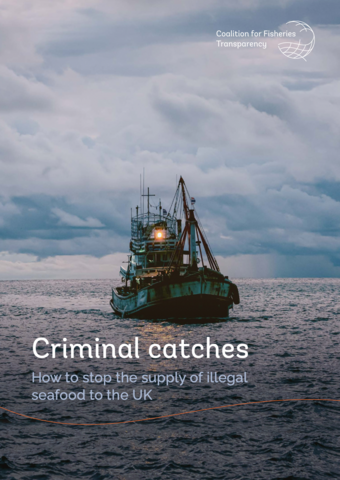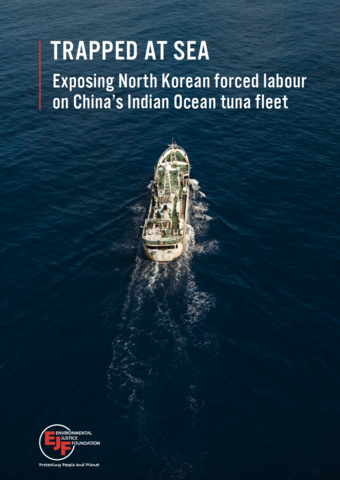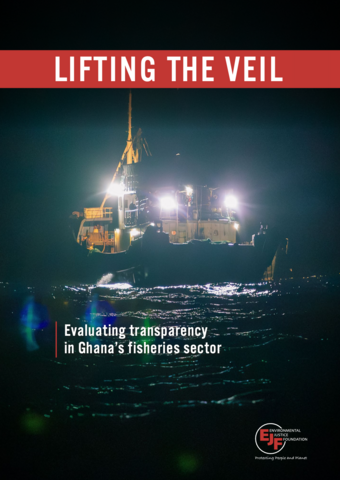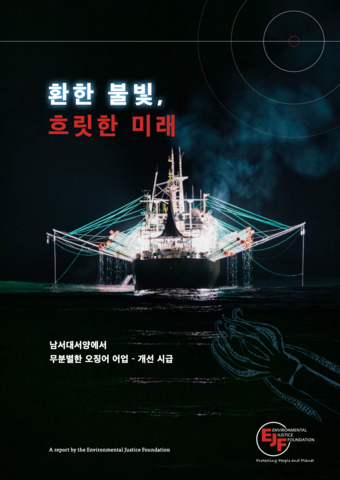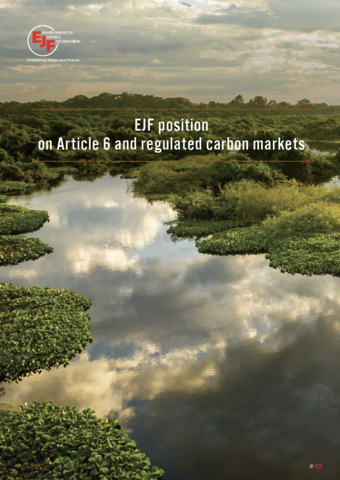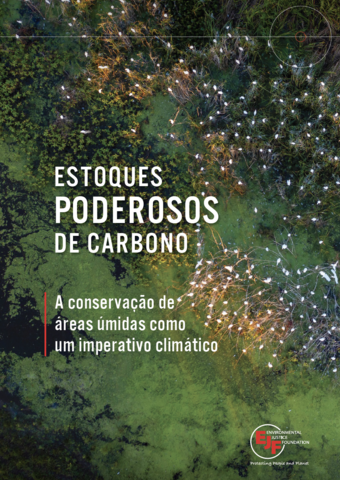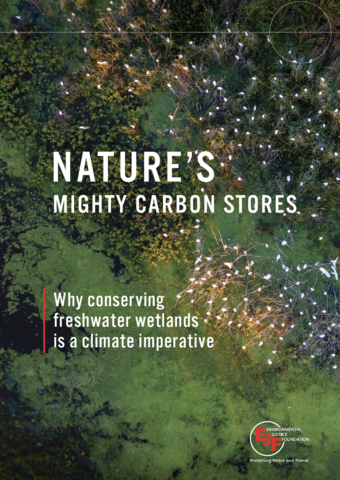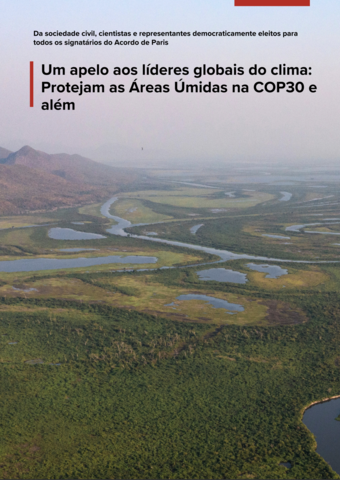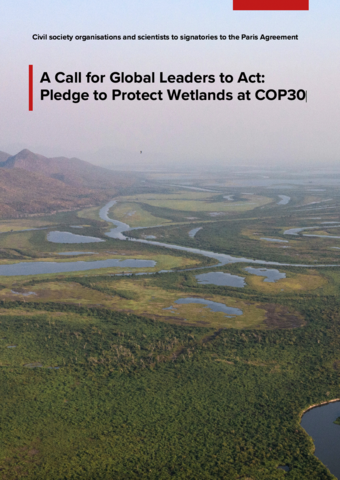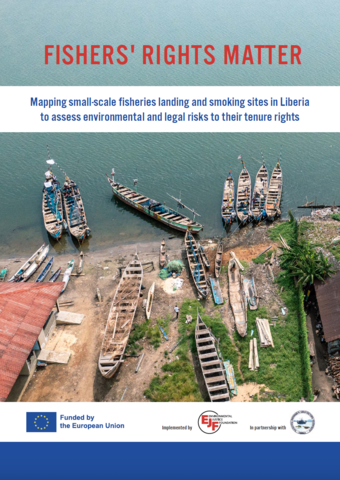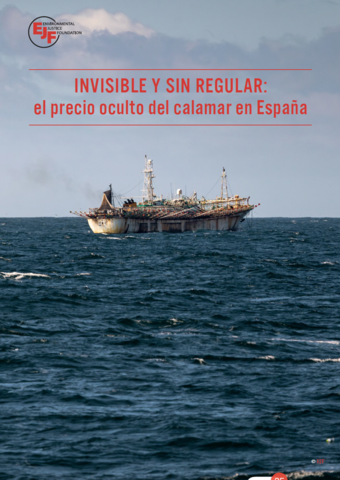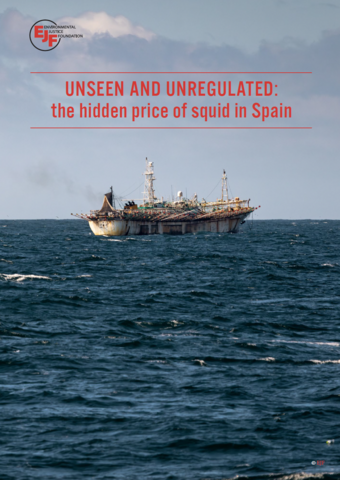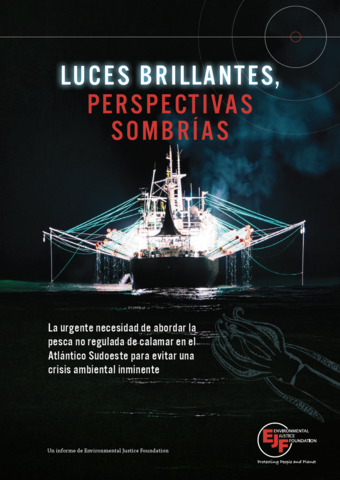Bright lights, dim prospects: The urgent need to address unregulated squid fishing in the Southwest Atlantic to avert a looming environmental crisis
Hundreds of distant-water vessels are plundering squid populations in the Southwest Atlantic, driving a keystone species towards collapse and exposing workers to horrific abuses.
Hundreds of distant-water vessels are plundering squid populations in the Southwest Atlantic, driving a keystone species towards collapse and exposing workers to horrific abuses.
Criminal catches: How to stop the supply of illegal seafood to the UK
This report from Coalition for Fisheries Transparency members EJF and Open Seas finds that UK consumers may unknowingly be buying seafood linked to illegal, unreported and unregulated (IUU) fishing and severe human rights abuses. This follows a near-total end to checks on imported seafood after Brexit.
This report from Coalition for Fisheries Transparency members EJF and Open Seas finds that UK consumers may unknowingly be buying seafood linked to illegal, unreported and unregulated (IUU) fishing and severe human rights abuses, following a near-total end to checks on imported seafood after Brexit.
Trapped at sea: exposing North Korean forced labour on China’s Indian Ocean tuna fleet
This briefing finds that a fleet of Chinese tuna fishing vessels operating in the Indian Ocean reportedly used North Koreans as crew between 2019 and 2024, likely violating UN sanctions. Many were apparently subjected to abuses, including being trapped at sea for up to a decade, on vessels involved in illegal fishing and the killing of dolphins.
This briefing finds that a fleet of Chinese tuna fishing vessels operating in the Indian Ocean reportedly used North Koreans as crew between 2019 and 2024, likely violating UN sanctions. Many were apparently subjected to abuses, including being trapped at sea for up to a decade, on vessels involved in illegal fishing and the killing of dolphins.
Lifting the veil: Evaluating transparency in Ghana's fisheries sector: Illegal fishing and overfishing risk the collapse of Ghana’s fish populations, directly undermining the most basic human rights of coastal communities, and costing the country millions of dollars every year. Greater transparency is needed to achieve sustainable, legal, and ethical fisheries. This analysis aims to inform and guide this action, and to assist Ghana in moving from commitment to the Global Charter to full implementation, ensuring that the benefits of transparency are secured for the many Ghanaians who depend on fisheries resources for their livelihoods.
환 한 불 빛 , 흐 릿 한 미 래: 본 보고서는 남서대서양 아르헨티나 오징어 어업에 대한 EJF 조사 결과를 제시한다. 세계 최대 규모의 오징어 어장 중 하나인 남서대서양 공해 지역은 관리 감독이 없는 비규제 해역이다. 매년 수백 척의 원양 어선들이 몰려들어, 오징어가 먹이를 좇기 위해 또는 산란지로 가기 위해 아르헨티나 해역에서 벗어나자마자 포획한다. 위성 사진에서도 관측될 정도로 거대한 규모의 이 어선들은 지난 10년간 급증했다. 이는 오징어에 대한 수요 증가와 더불어 어선들이 기존에 잡던 어종을 더 이상 양껏 조업하지 못하게 되면서 오징어로 목표 어종을 전환했기 때문이다. 조사 기간 동안 해당 지역에서 중국 오징어 어선의 조업 시간은 거의 두 배로 증가한 반면, 어획량은 감소하는 우려스러운 징후를 보인다. 즉, 자원량이 위기에 처했음을 시사한다
EJF position on Article 6 and regulated carbon markets: This paper outlines EJF’s stance on carbon credits and the markets in which they are traded, highlighting the role they should play in climate negotiations and efforts to decarbonise the global economy. Under certain stringent conditions, carbon credits can play a role in achieving climate targets, but they are not a substitute for ambitious and decisive action to reduce greenhouse gas emissions.
Where there's smoke: six wildfire stories: Through first-hand accounts, testimonies from environmental defenders and expert insights, this report explores how fires are reshaping the map of risk, deepening inequalities and threatening lives, while reflecting on what must change to stop this crisis from escalating further.
Nature's mighty carbon stores: why conserving freshwater wetlands is a climate imperative: Freshwater wetlands store vast amounts of carbon, regulate water flows, and sustain biodiversity and livelihoods worldwide. Yet they are being drained, burned, and destroyed at alarming rates, setting off a ‘carbon bomb’ and fatally undermining global climate goals.
Um apelo aos líderes globais do clima: Protejam as Áreas Úmidas na COP30 e além: Nós, organizações da sociedade civil e os cientistas abaixo assinados, apelamos para que as àreas úmidas sejam prioridade na agenda climática global da COP30 e que ações urgentes sejam tomadas para sua conservação, garantindo a preservação desses ecossistemas essenciais para a manutenção do clima e da vida no planeta.
A Call for Global Leaders to Act: Pledge to Protect Wetlands at COP30: Civil society organisations and scientists respectfully urge climate leaders to place wetlands at the forefront of the global climate agenda at COP30 and take urgent steps to conserve and protect these ecosystems, vital to all life on Earth.
Fishers' rights matter: Mapping small-scale fisheries landing and smoking sites in Liberia to assess environmental and legal risks to their tenure rights: Liberia’s small-scale fisheries are the backbone of coastal livelihoods, but they face mounting threats from coastal erosion, mangrove destruction, and insecure land rights. Fishing communities’ rights are at risk without urgent action.
Invisible y sin regular: el precio oculto del calamar en España: España es un mercado clave para el calamar capturado por flotas extranjeras en la Milla 201, impulsando inadvertidamente prácticas no sostenibles e ilegales y socavando a los productores nacionales que deben cumplir con normas medioambientales y laborales más estrictas.
Unseen and unregulated: the hidden price of squid in Spain: Spain is a key market for squid harvested by foreign fleets in the unregulated Southwest Atlantic squid fishery, inadvertently driving unsustainable and illegal practices and undercutting domestic producers who must comply with stricter environmental and labour standards.
Luces brillantes, perspectivas sombrías: La urgente necesidad de abordar la pesca no regulada de calamar en el Atlántico Sudoeste para evitar una crisis ambiental inminente: Este informe expone los hallazgos de una investigación llevada a cabo por el EJF en relación con la pesquería de calamar argentino, también denominado pota argentina, calamar illex o calamar pota,6 en el Atlántico Sudoeste, una de las mayores pesquerías de calamar no reguladas a nivel mundial.

